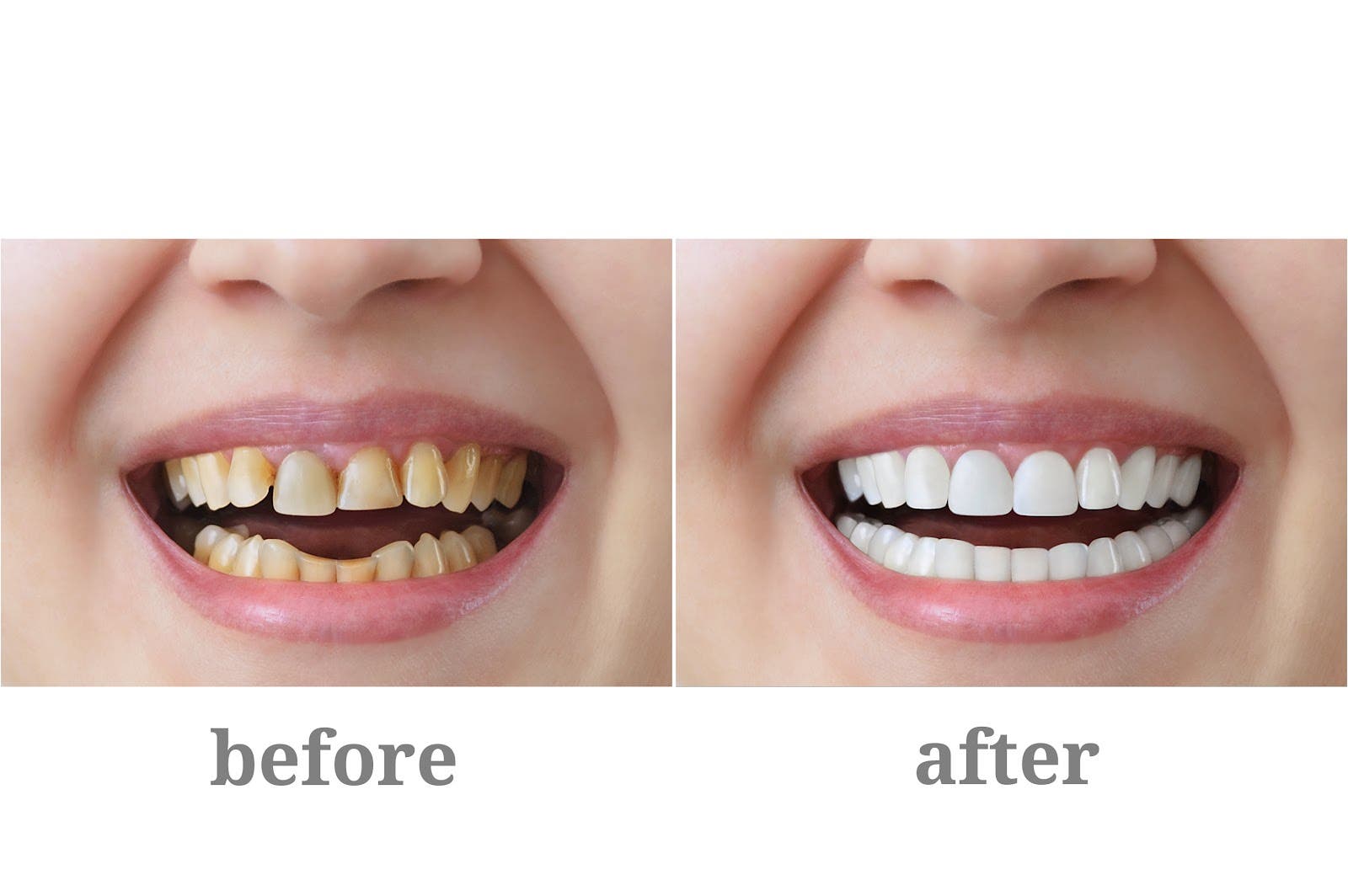Brooklyn, NY|Local Classified|Other|
How Strong Are Porcelain Crowns?

How Strong Are Porcelain Crowns?
Porcelain crowns in Brooklyn are a popular choice in restorative dentistry, known for their aesthetic appeal and durability. These dental prosthetics play a crucial role in restoring the function and appearance of damaged teeth. Understanding their strength and longevity is important for those considering this dental option.
The Strength of Porcelain Crowns
1. Material Composition:
Porcelain crowns are crafted from high-quality dental ceramic, which is renowned for its strength and durability. Modern dental porcelain is engineered to withstand significant bite forces, making it a reliable material for dental restorations.
2. Compression Strength:
Porcelain has excellent compression strength, meaning it can endure the pressures exerted during chewing and biting. This strength is comparable to that of natural tooth enamel, ensuring that porcelain crowns can handle the daily demands placed on teeth.
3. Resistance to Wear and Tear:
Porcelain crowns are highly resistant to wear and tear, maintaining their integrity over time. They are designed to withstand the abrasive forces in the mouth, such as grinding and clenching, without significant degradation.
4. Bonding Strength:
The success of porcelain crowns also depends on the bonding process. Dental crowns professionals use advanced bonding agents and techniques to securely attach the crown to the underlying tooth structure. This bond enhances the overall strength and stability of the crown.
Factors Influencing Durability
1. Oral Hygiene:
Maintaining good oral hygiene is essential for the longevity of porcelain crowns. Regular brushing, flossing, and professional cleanings help prevent decay and gum disease, which can compromise the integrity of the crowned tooth.
2. Avoiding Hard Foods:
While porcelain crowns are strong, they can still be damaged by excessively hard foods or objects. Avoid chewing on ice, hard candies, or using teeth as tools to open packages, as these actions can lead to chips or fractures.
3. Bruxism:
People who grind or clench their teeth (bruxism) put additional stress on their dental restorations. Wearing a nightguard can protect porcelain crowns from the excessive forces generated during sleep.
4. Regular Dental Checkups:
Routine dental checkups allow your dentist to monitor the condition of your crowns and address any issues promptly. Early detection of problems ensures that minor repairs can be made before they escalate into more significant concerns.
Aesthetic and Functional Benefits
1. Natural Appearance:
One of the most appealing aspects of porcelain crowns is their natural appearance. They are custom-made to match the color, shape, and translucency of your natural teeth, providing a seamless and attractive smile.
2. Functional Restoration:
Porcelain crowns restore the full function of damaged teeth, allowing you to chew, speak, and smile with confidence. Their strength and durability ensure that they can handle the functional demands of daily use.
In conclusion, porcelain crowns are a strong and reliable option for restoring damaged teeth. Their excellent compression strength, resistance to wear and tear, and natural appearance make them a preferred choice in restorative dentistry. With proper care and regular dental checkups, porcelain crowns can provide long-lasting results.
For more information and personalized dental care, visit Brooklyn ParkSide Dental.